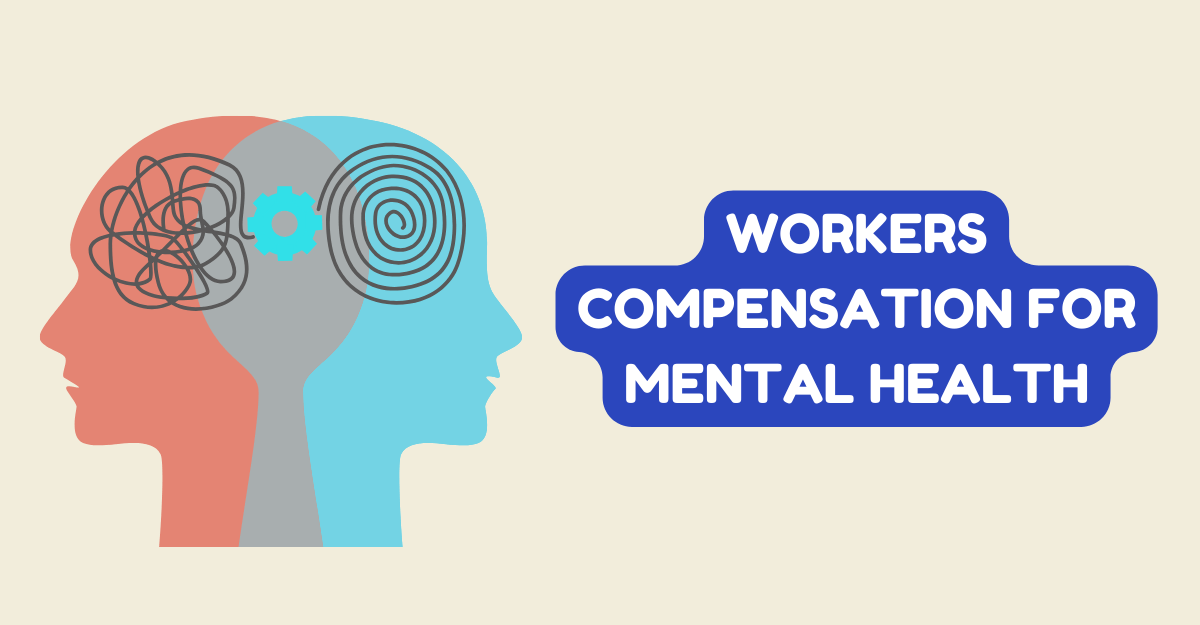
Mental health challenges in the workplace represent a significant concern nationwide, affecting individuals from various walks of life. Studies have consistently shown that a substantial portion of the population will grapple with a mental health disorder at some point, with workplace stressors often exacerbating these issues. While strides have been made at the federal level to ensure equity in mental health treatment, the extent of coverage under workers’ compensation can differ significantly between states.
Workers’ compensation laws primarily aim to address medical expenses, lost wages, and rehabilitation for injuries and illnesses incurred on the job. However, the inclusion of mental health conditions within these frameworks is often circumscribed. In select instances, workers’ compensation may extend coverage to mental health issues, particularly those that either stem from or contribute to a physical injury sustained during work duties.
Under workers’ compensation provisions, coverage for mental health conditions typically encompasses post-traumatic stress disorder (PTSD) resulting from work-related traumatic events. Additionally, psychological conditions such as depression and anxiety may be eligible for coverage if they can be directly linked to a physical injury sustained in the workplace.
Demonstrating a psychological injury for the purpose of workers’ compensation claims can present distinct challenges. Unlike physical injuries, psychological ailments lack the tangible, objective evidence commonly associated with medical diagnoses. However, with the assistance of qualified medical professionals and a credible account detailing symptom manifestation and workplace-related factors, employees may be able to establish the basis for eligibility for compensation.
While workers’ compensation may encompass mental health conditions under specific circumstances—such as PTSD arising from work-related trauma or psychological issues stemming from physical injuries—the parameters of coverage can vary. It is imperative for employees to familiarize themselves with their rights and seek appropriate support and documentation when pursuing workers compensation for mental health-related claims. By navigating these processes adeptly, individuals can strive to access the resources and support necessary for managing and overcoming workplace-related mental health challenges.